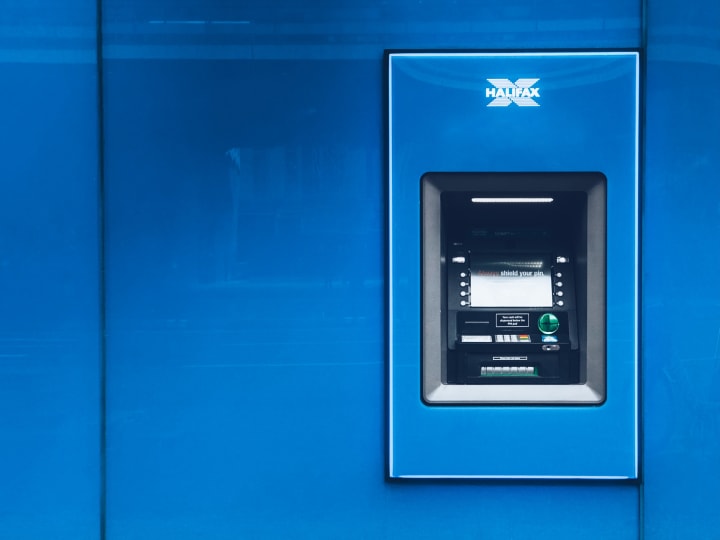Getting control of your budget can be a difficult task. When you review your budget, looking for ways to cut spending and improve your finances, one of the items that often gets overlooked is the fees you pay.
It might not seem like a big deal, but these fees eat into money that you could be using to invest and build your wealth for the long term.
Bank Fees and Interest Charges
Some of the biggest culprits are bank fees and interest charges. Banks make billions of dollars every year on overdraft fees and other fees. When you overdraw your account, you might be charged anywhere between $25 and $45, depending on your bank's policy. That starts to add up over time. Not only that but if you end up paying other bank fees, like maintenance fees for your account, the costs continue to rise. A $5 fee here and there doesn't seem like much, whether you are paying a fee for your checking account maintenance, or whether you are getting money from the ATM, but everything adds up over time.
Interest charges are likely to be even more expensive when it comes to your pocketbook. When you pay interest fees on credit card balances and other loans, that's money that goes right into someone else's pocket, making your budget less effective.
Payday and Car Title Loans
Another big source of income for others is the fees you see with payday loans and car title lenders. These types of loans cost consumers $8 billion in fees each year, according to the Center for Responsible Lending. These types of loans can be especially insidious because you can easily get caught in a cycle of renewing your loan each week by paying what seems like a small fee to put off repaying the loan.
Moving Out of the Cycle
The vital thing is getting out of the cycle. These fees could be busting your budget, especially in the long term. When you are paying $45 overdraft fees, or regular interest charges on credit cards, or paying a fee to put off repaying your payday loan, that's money that can't be used to pay the utility bills or buy groceries. It's also money you can't use to invest in your own future and earn interest.
Breaking the cycle of paying fees is a good first step. If you are in debt, it means creating a pay down plan that helps you pay off the loans that result in these fees. There are banks that don't charge account maintenance fees, and you can choose to use them instead of sticking with banks that will charge you. Figure out how you can cut costs to live within your means, changing your finances so that you pay fewer fees. It can be hard to break that cycle, but it's an important step if you want to keep more of your money and have more financial freedom.
You'll be surprised at how much your finances can improve, and how much of your budget goes toward the things that matter most to you when start cutting the fees out of your life.
Written by Miranda Marquit for MoneyNing and legally licensed through the Matcha publisher network. Please direct all licensing questions to legal@getmatcha.com.





